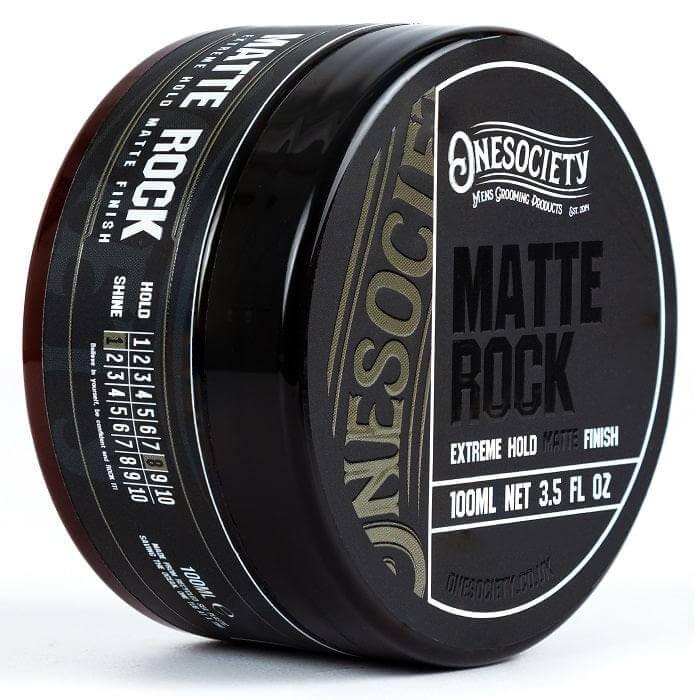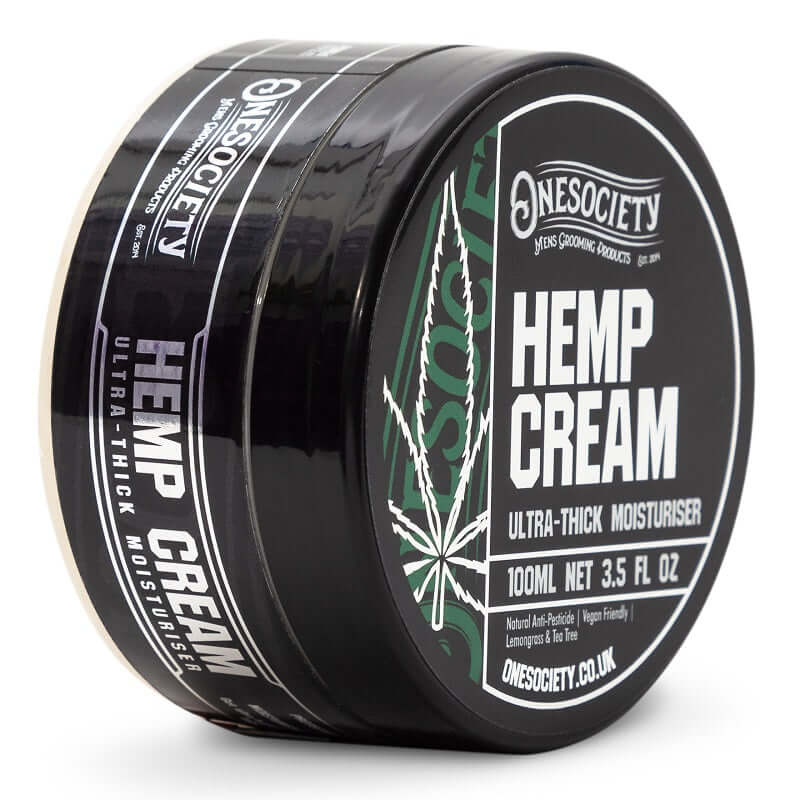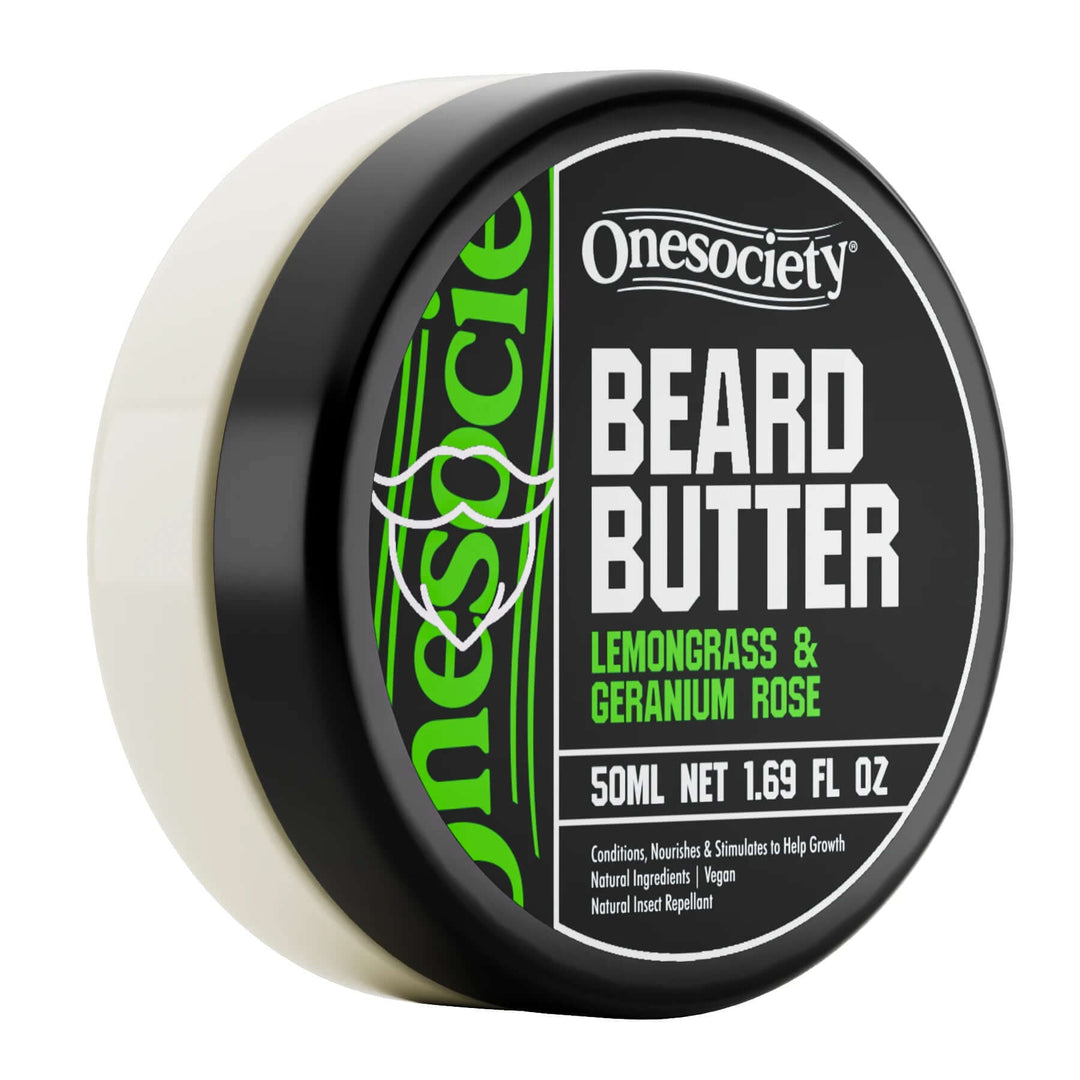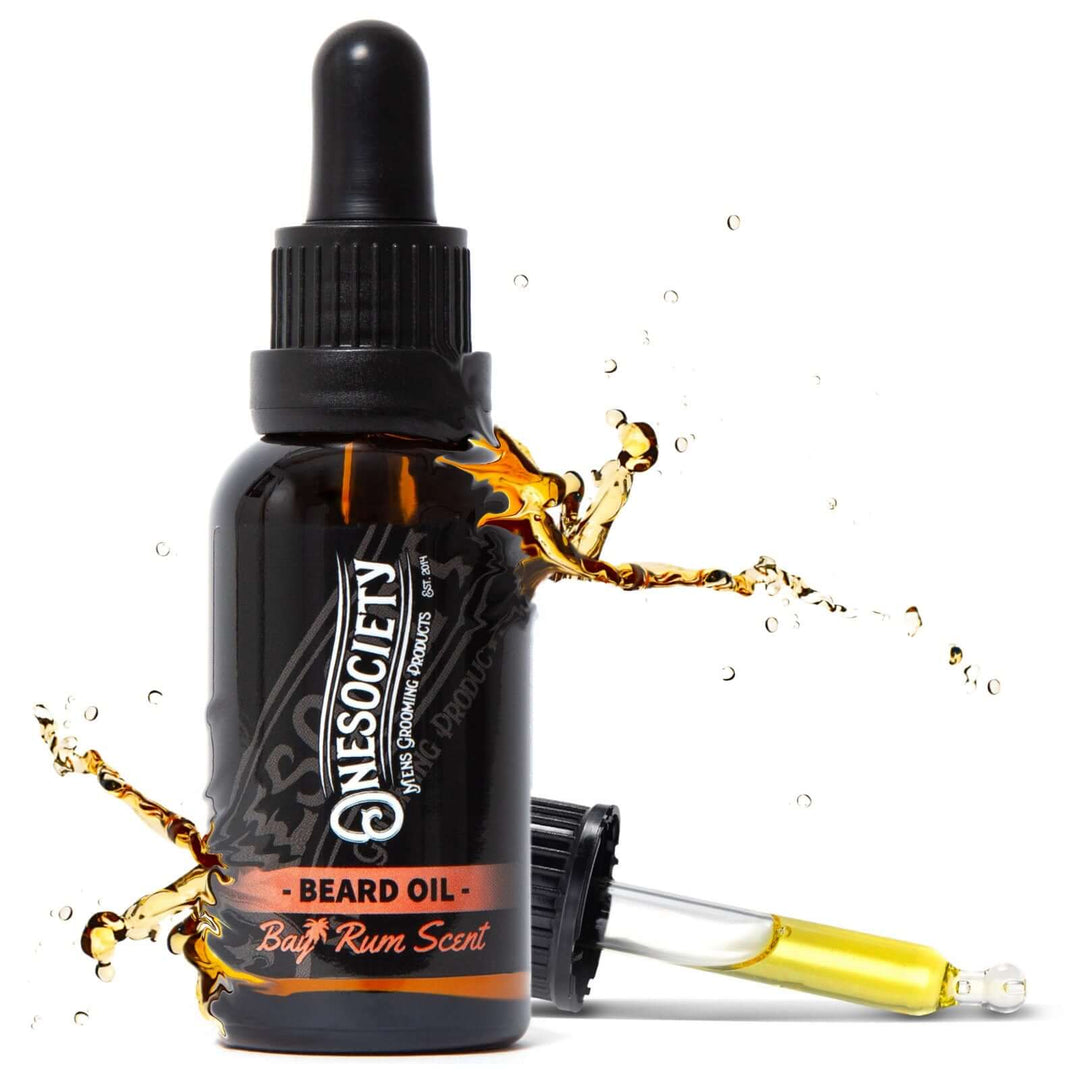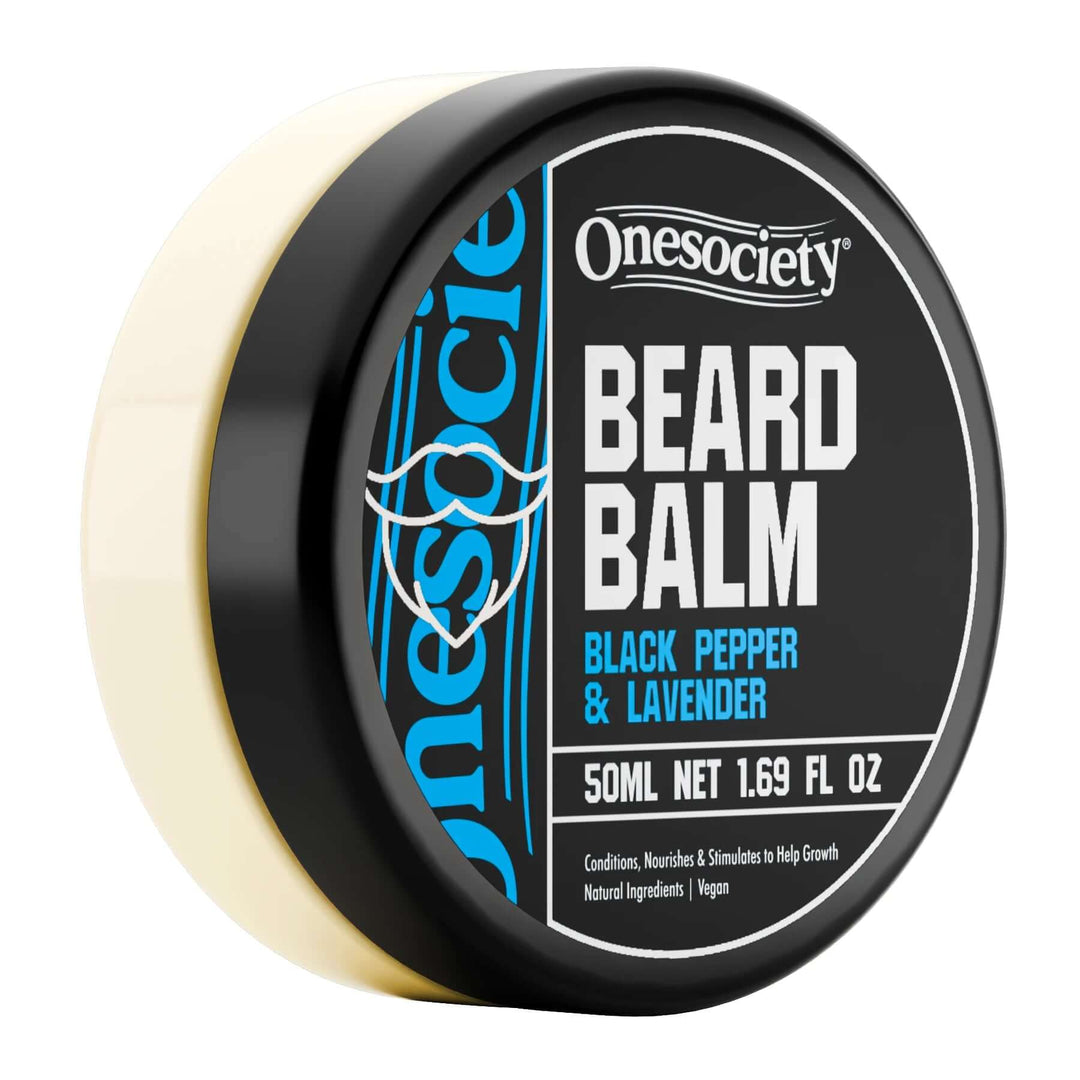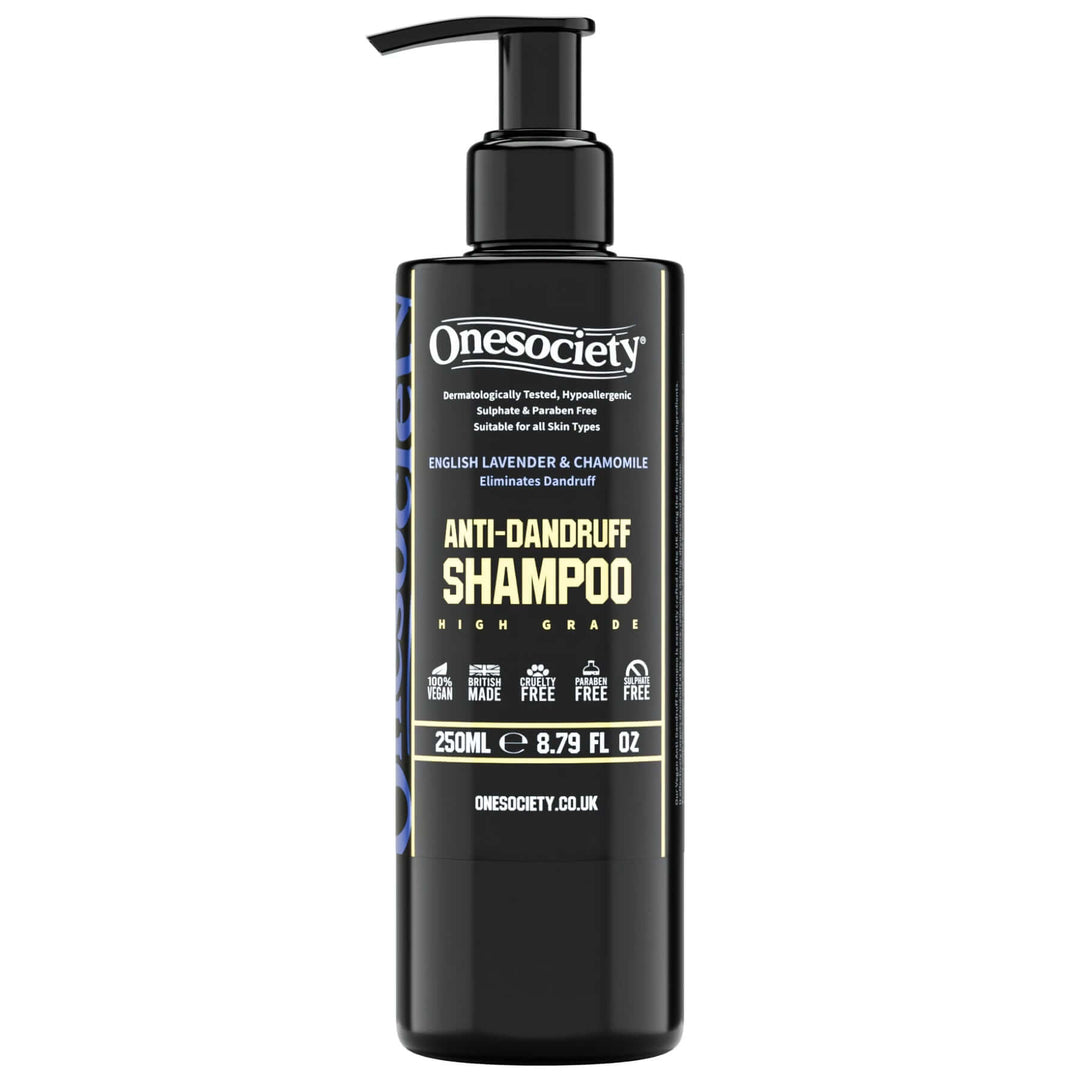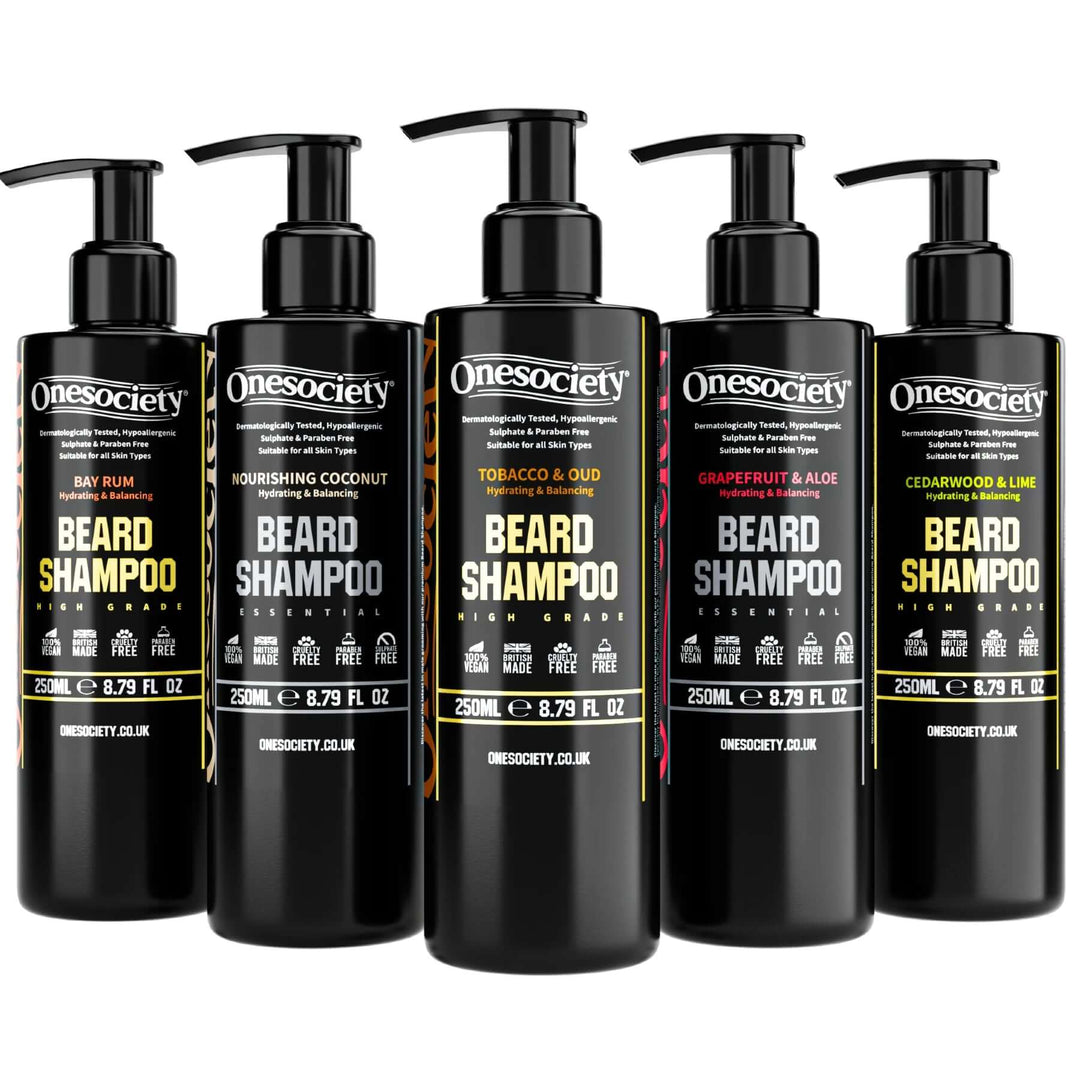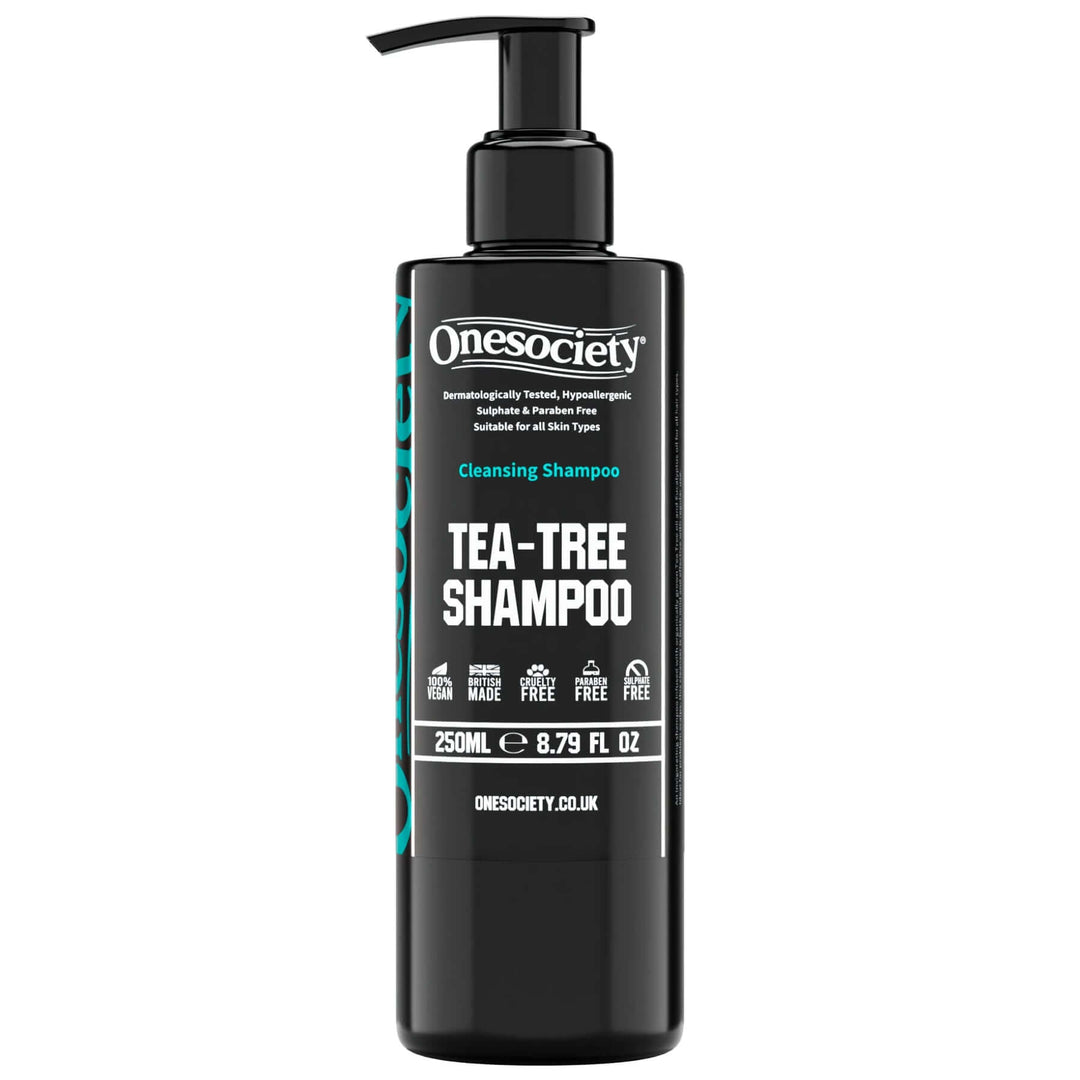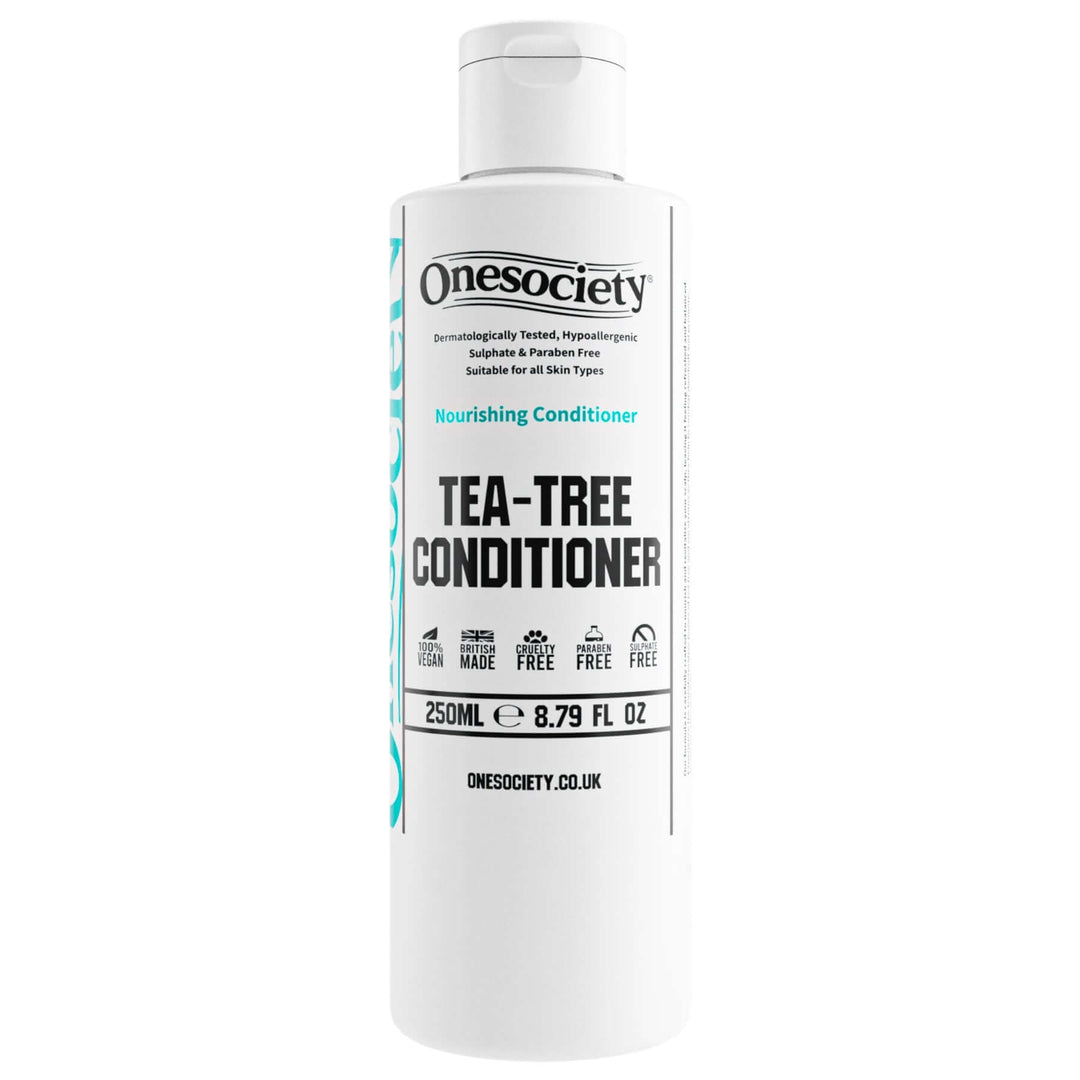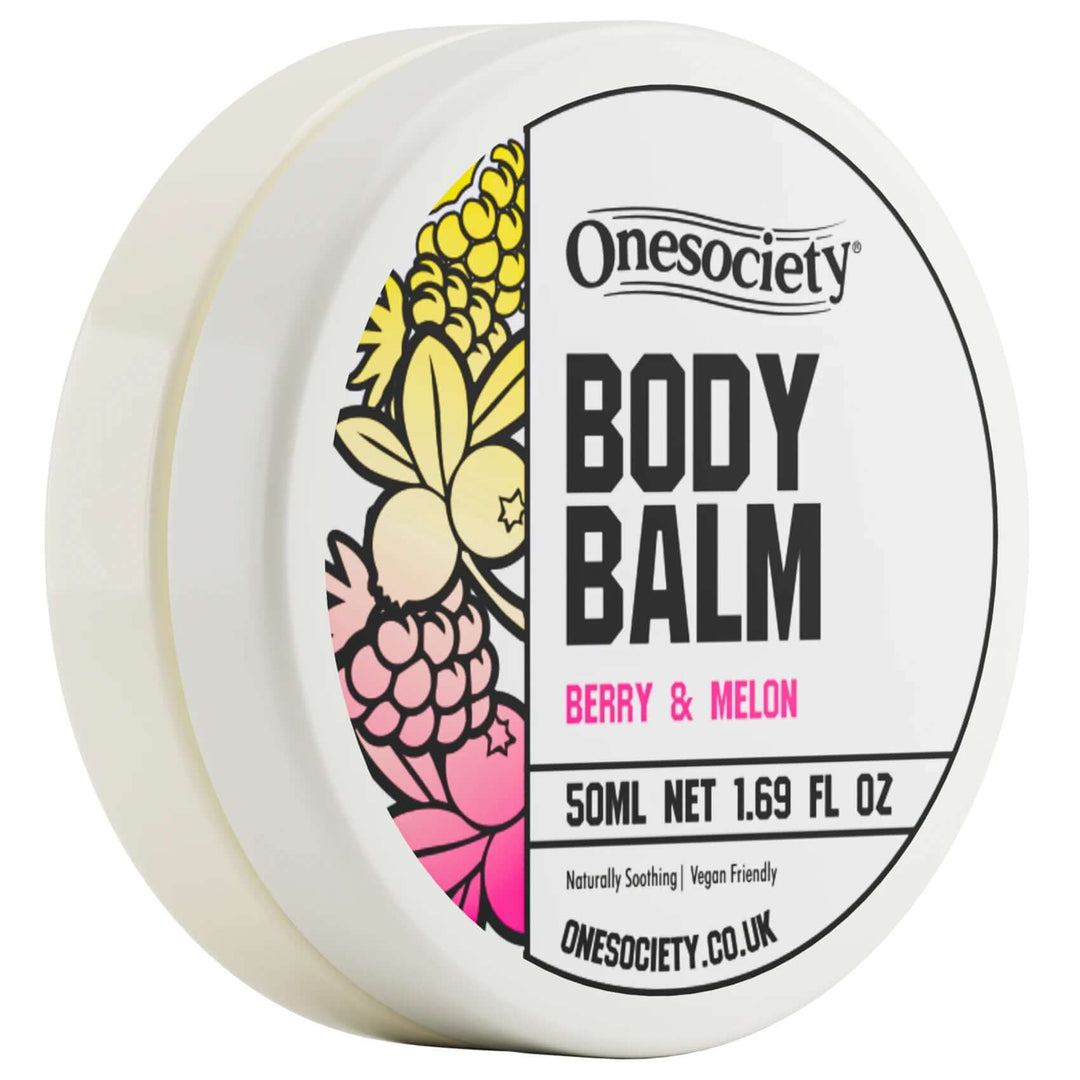What is the best Carrier Oil?
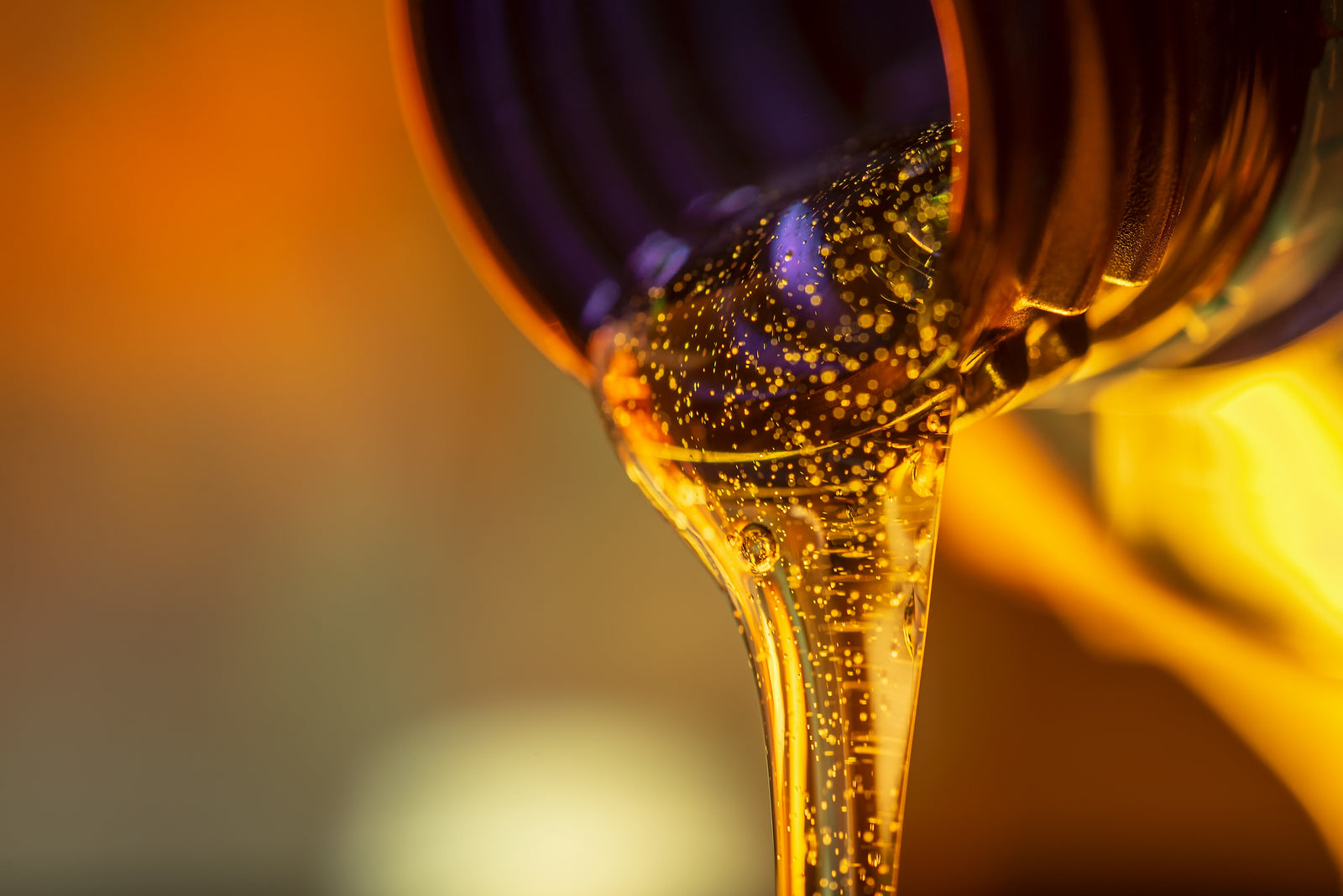
Everyone on board, it’s time to join the education train! We are going to be exploring what is considered as the most important aspect of a beard oil. This is The Carrier Oil Chronicles – An Introduction.
What is a carrier oil?
I already posted a blog titled What are carrier oils? where I explained the basic use of these marvellous little treasures. I’m just going to expand on this a little bit more. Talking about which ones I’ll be looking at and during the series I will be talking to various beard company owners about why they used certain carriers.
I already give brief descriptions of what the carrier oils do in my reviews. Under the heading of benefits I go through the carriers that are used by that brand.
Why are carrier oils labelled as boring by some people?
This is something else I will be looking into. Some people think that because companies use the same carrier oils it makes them boring. I do agree up to a point and think that brands need to expand there base and try something different. However, it isn’t as easy as that with all the regulations you have to adhere to.
But, here’s the thing. Carrier oils help nourish your beard and more importantly moisturises the skin underneath. This stops the dreaded itch from rearing its ugly head. This is why so many UK brands use the same mix which consists generally of Jojoba, Sweet Almond, Grapeseed, Castor and Argon oils to name just a few.
What are the actual benefits?
This is something that I will also delve into and I will be looking at how much fragrance/essential oils are used compared to the amount of carriers. I am not a fountain of knowledge, but, with research, facts, and support from some of the top beard companies in the UK, I hope to bring you an accurate representation of what they will do for you.
Benefits range from treating acne and dry skin to strengthening hair follicles and stopping the cursed beardruff! But, and this question is key, how much benefit do you really get from a 30ml bottle of beard oil? Of which only 95% of that makes up the carrier oil base in the UK. This is due to the FO/EO having a variable % of between 2-5. This is completely different in the USA where regulations are far more lenient.
In fact, I have heard that up to 16% of a beard oil in the US is made from the FO/EO. Leaving only 84% for the carrier oils to do their work. This may or may not have risks of its own, something which I will also be looking into at some point. The reason is that Carrier oils stabilise the essential oils (EO) or the fragrance oils (FO) which can be extremely volatile on their own. The strength of these can actually cause damage to your kin or hair if used in their purest form.
What are some of the carrier oils?
I’m going to be looking at quite a lot of carriers over the next few weeks and this could be a fairly long running series. I would like to commit to delivering you a blog each week on the Friday but there will probably be occasions where this isn’t possible. I want to get this right for you so if I need to take more time to research something then a week might be missed in order to give you the correct information.
Let’s have a look at some of the carriers I will be looking at.
- Jojoba
- Castor
- Sweet Almond
- Grapeseed
- Argon
- Coconut
- Apricot Kernel
- Olive
- Sunflower
- Avocado
- Hemp Seed
- Rosehip
- Black Seed
- Moringa
- Babassu
- Sea Buckthorn
- Meadowfoam Seed
- Evening Primrose
- Emu
Overall there are about 50 different carrier oils and I would like to get as many on here as possible. Not only that but some oils have more than one type. For example you can get Castor Oil and Jamaican Black Castor Oil. There’s also Jojoba Oil and Golden Jojoba Oil. Each one does something slightly different or has increased benefits that can make a big difference between a Beard Oil and a Premium Beard Oil.

